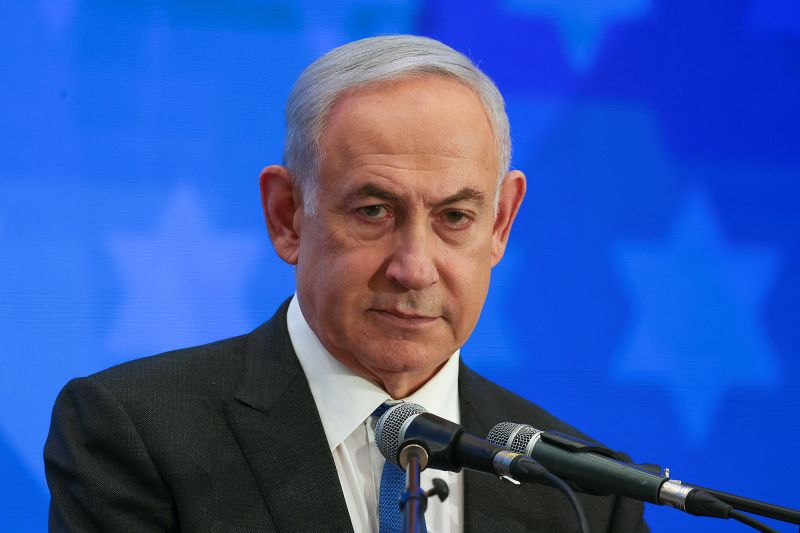The Middle East is a region familiar with tumultuous turn of events, and the recent development involving Israel’s non-participation in the Gaza peace talks in Cairo is not an exception to this dynamic. An Israeli official, who asked to remain anonymous, revealed that Israel would not send a delegation to Cairo for the scheduled Gaza talks. Unpacking the implications of this decision requires a nuanced understanding of the historical and political context enveloped in this development.
Israel’s decision not to dispatch a delegation to discuss the peace process at Cairo is a move that has elicited mixed reactions in the international diplomatic arena. The already sensitive and complex negotiations, intended to bring about peace between Israel and Palestine and focusing particularly on the Gaza strip, have now been laced with a fresh layer of uncertainty due to this decision.
Israel’s non-participation underscores its complex stance toward the whole Gaza conundrum. The Israeli nation has faced tough security challenges in the Gaza Strip, where Hamas, designated by Israel as a terrorist organization, holds sway. Conflicts have caused thousands of casualties over the years. Despite collaborating in several rounds of peace talks, negotiations between Israel and Palestine have repeatedly hit the buffers.
For Israel, the concern is not just over the general peace negotiations but also about the specifics such as the disarmament of armed groups, lifting the siege on Gaza, and conditions regarding entry and exit of goods and people. Discords over these issues have far-reaching implications and the country’s refusal to send delegates to Cairo appears as a demonstration of their firm stance on these matters.
The decision might also be directed towards maintaining strategic ambiguity. By not openly discussing these matters in a multinational platform, Israel continues to hold its cards close to its chest, which could give it a strategic advantage going forward.
While Israel’s choice not to send a delegation to the Cairo talks might seem perplexing, it’s imperative to understand the country’s inherent viewpoint. Israel has its reasons — preservation of national security being paramount. The country has grappled with continuous regional volatility, and from its perspective, it can’t afford to make concessions that might weaken its security.
The unpredictability of the Middle East political landscape and the ongoing struggle between Israel and Palestine make the path to a peaceful resolution of the Gaza issue an uphill journey. However, the hope for peace and stability persists amidst these complications.
On the international diplomacy front, it’s crucial for negotiating countries to understand Israel’s concerns, as much as Palestine’s, and work towards a mutually agreed resolution. These negotiations equally necessitate an environment that fosters trust, enabling each nation to voice its opinions without apprehensions.
Israel’s decision not to participate in the Cairo talks represents another setback for the peace process. It brings to surface the need for a prudent and well-balanced approach to restore stability and achieve the long-desired peace in the region. Whether it requires redefining the negotiating conditions or finding a new platform, the international community and concerned nation states need to exhibit patience, resilience, and respect towards each other’s strategic interests.
As these recent turn of events unfold, the world waits in anticipation to see how Israel and Palestine, along with the international community, react and navigate the new path they will decide upon. While the absence of Israel in the Cairo talks might be seen as a setback, it could simply be an invitation for all stakeholders to revisit, reassess and rethink strategies for a more effective and lasting resolution.




